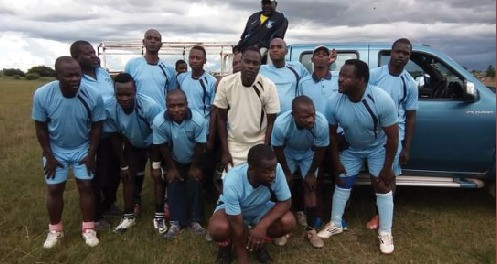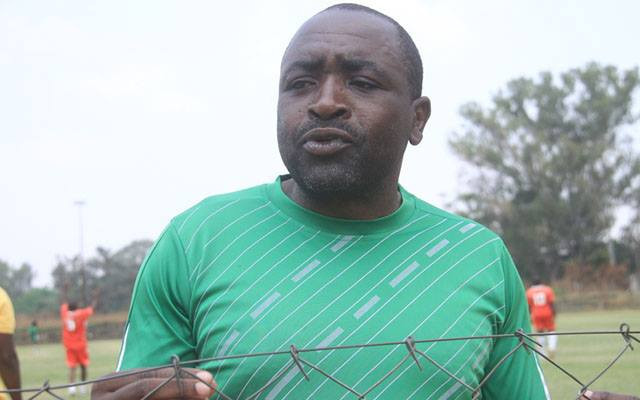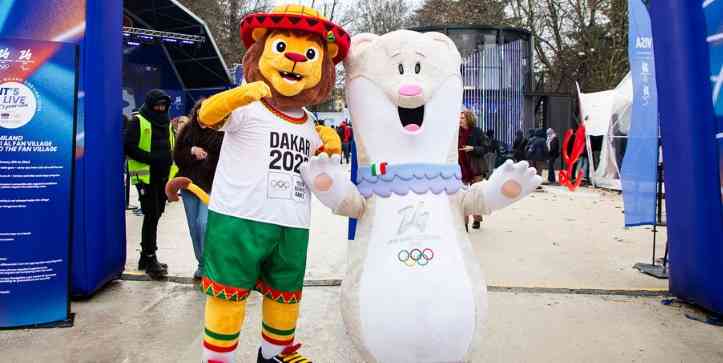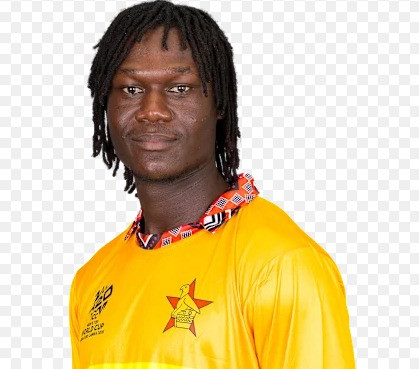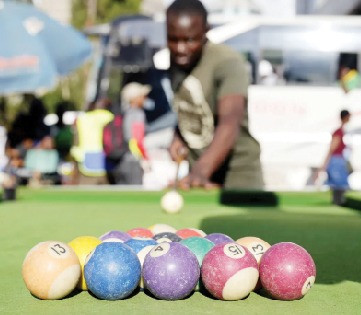
THE Chegutu District Pool Association (CDPA) is set to introduce pool in schools and roll out a youths engagement scheme with a scientific approach that touches on correcting societal ills like drug and substance abuse, The Sports Hub has established.
CDPA has engaged the services of think tanks and conducted a research in collaboration with Andrew Kanjanda, head in charge of research in Chegutu, who is assisting in laying the foundation of the cue sport programme in schools.
Playing pool enhances performance in academic subjects, particularly mathematics and physics as the sport involves angles, geometry and force academics.
The study established that playing pool enhances eye coordination, patience, concentration, development of fine motor skills, spatial awareness and strategic thinking.
It also contributes to character building, promotes social interaction, teamwork, respect among players and improved school discipline that are essential goals of modern education curricula.
The survey conducted on February 27, 2025, targeting randomly selected learners in Chegutu urban with a sample of 20 students established that 13 were found to be pool players while seven were not.
Twelve learners play pool at Chitubu and Stopover bar while one (female) of the three learners play in an open space near the Nyaradzo Funeral complex, with five playing at randomly selected venues.
The 2025 CDPA annual general meeting recommended that Chegutu district craft a strategic plan that is going to justify channelling investment to appropriate outside bar environs and safe infrastructure for learners to play pool.
- Chegutu league to introduce pool in schools
Keep Reading
The cost of a pool table ranges between US$600 and US$1200 with suppliers offering various procurement models such as rent-to-own or commission-based rentals (10-15%) proceeds remitted to schools thereby becoming a fundraising project for schools.
CDPA is also planning to form a select pool squad that will represent the district in sporting activities and programmes against other districts and provinces, at the same time becoming a skills exchange platform with other stables.
CDPA recently held a strategic retreat where it was resolved that there was a need to usher in a new era of transparency, discipline and operational efficiency in the administration of pool in the district.
The high profile indaba said that adherence to the CDPA constitution, code of conduct, black ball rules handbook, discipline and appeals policies as well as finance and administration policy is the panacea to all hiccups that threaten to bedevil the association’s programmes and activities.
In an interview CDPA chairman Blessing Tinashe Gura described the October 29 tet-a-tet meeting at Chegutu hotel as their universal remedy to challenges in cue sport with particular focus on their district.
The strategic meeting marked a major turning point in the district’s sporting calendar as nine out of 10 registered clubs for the 2026 season attended en-masse.
“The gathering demonstrated growing unity, professionalism and ambition within the local pool community,” Gura said.
“The meeting was hailed as a resounding success, not only for its overwhelming turnout but for the strategic milestones achieved.”
The CDPA Strategic Plan of 2026-7 was officially unveiled and unanimously adopted with five key result areas (KRAs) and 25 key performance indicators (KPIs).
The meeting was also hailed for its notable significance that was marked by the strong presence of women, with nearly a quarter of attendees being ladies, a positive signal of inclusivity and near gender parity in pool.
It was further reinforced that in order to avoid reversing the gains of affirmatively embracing women participation in pool, each team must adhere to the principle and requirement of fielding at least one lady per league match, failure of which the walkover rule for that particular frame applies without negotiation.
The cue sport mother board Zimbabwe Pool Association (ZIPA) has made it mandatory that in every game of pool, frame number five be reserved for women.
A normal pool match has 15 frames (games).
“In a push to strengthen accountability and player identity, it was resolved that the capitation fee become mandatory for all participating players,” Gura said.
“To align with this new strategic thrust, governance and operational documents that include CDPA constitution, code of conduct, black ball rules handbook, discipline and appeals policy as well as finance and administration policy were reviewed and formally adopted.”
Capitation fee is the payment made by a player per event or annually to support the governing body or association.
Key aspects of the capitation fee include membership fee or payment collected from a player per event as well as funding that is used for governance, tournaments and development.
*The author can be contacted on +263 772 112 634 or Email: [email protected]

